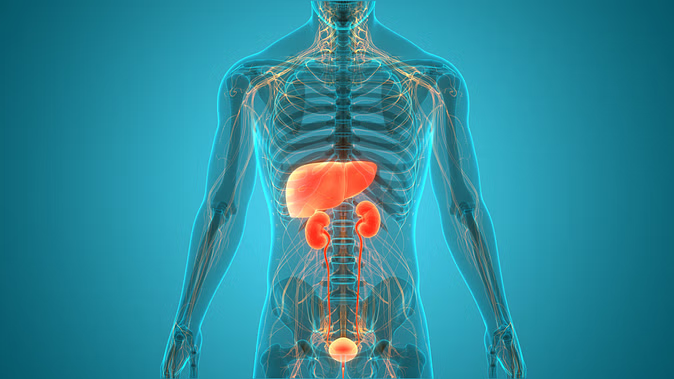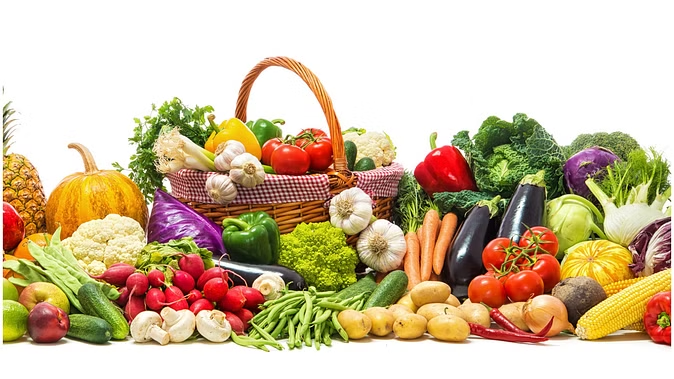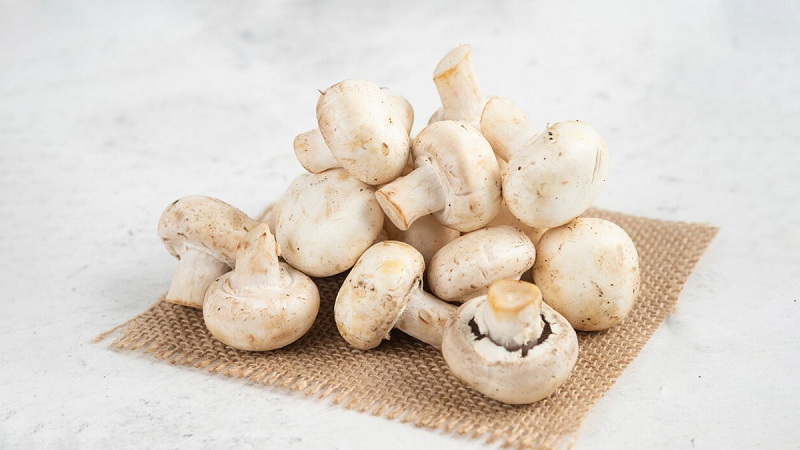To keep the body healthy, increase immunity, and prevent many types of diseases, we need plenty of nutrients through diet every day. Vitamin D is important for our health in many cases. Vitamin D is considered very essential for us to keep bones strong, increase calcium absorption in the body, and strengthen the immunity system.

Health experts say that things containing vitamin D should be made a part of the diet during monsoon days, as it can have many health benefits. It rains most of the time during rainy days. Due to cloudy skies and less sunlight, it becomes difficult for our body to produce vitamin D naturally.
Due to the deficiency of this vitamin, you may also be at risk of many types of infectious diseases. In such a situation, attention should be paid to its fulfillment through diet.
Why is vitamin D important?
Nutritionists say that vitamin D can have many short-term and long-term health benefits. It is not only important to protect against many types of infectious diseases including flu by strengthening immunity, but it is also important for building strong bones by increasing calcium absorption. Adequate amount of calcium and vitamin D in the diet helps prevent serious bone problems like osteoporosis.
Sunlight is the best source of vitamin D. It can also be easily fulfilled by including many things in the diet during monsoon days.
Get vitamin D from eggs
Health experts say that eating eggs can be especially beneficial to fulfill the requirements of vitamin D during monsoon days. The white part of the egg is rich in protein, while its yolk is rich in many other types of nutrients including vitamin D. Two to three eggs daily are helpful in easily fulfilling the necessary proteins, vitamins, and minerals for the body.

Many fruits and vegetables are also its source
It is also important to include a variety of seasonal fruits and vegetables in the daily diet. Including fruits like bananas, kiwi, papaya, and oranges can help you meet your vitamin D needs. Oranges contain calcium as well as vitamin D.
Many vegetables are also considered rich in this vitamin. Vegetarians can get vitamin D from green leafy vegetables and greens like kale, spinach, and collards. Apart from vitamin D, these vegetables also fulfill the requirement of iron and fiber.
Nuts and seeds
Nuts and seeds can also be good sources to get vitamin D. It can be easily fulfilled by consuming cashews and hazelnuts, almonds. Cashews are one of the best sources of vitamin D. Apart from this, regular consumption of chia seeds, and pumpkin seeds can also fulfill the requirements of this nutrient for the body.
(PC: ISTOCK)










